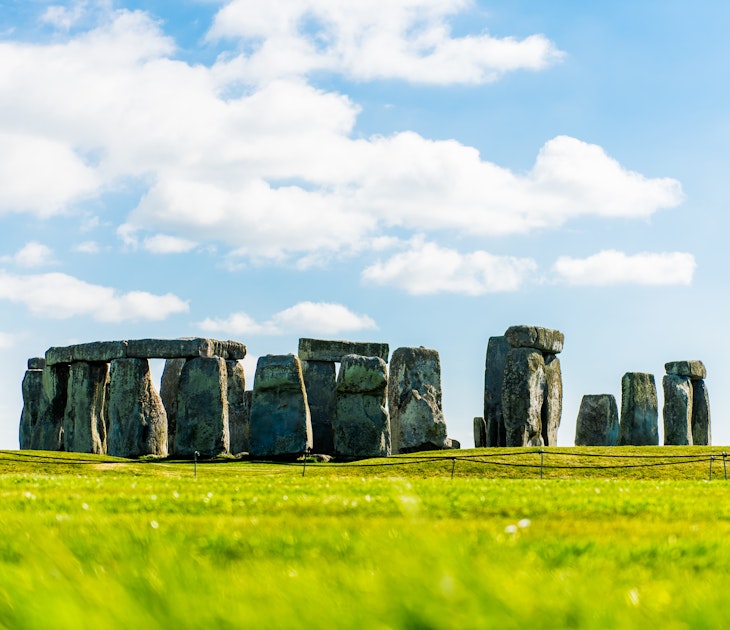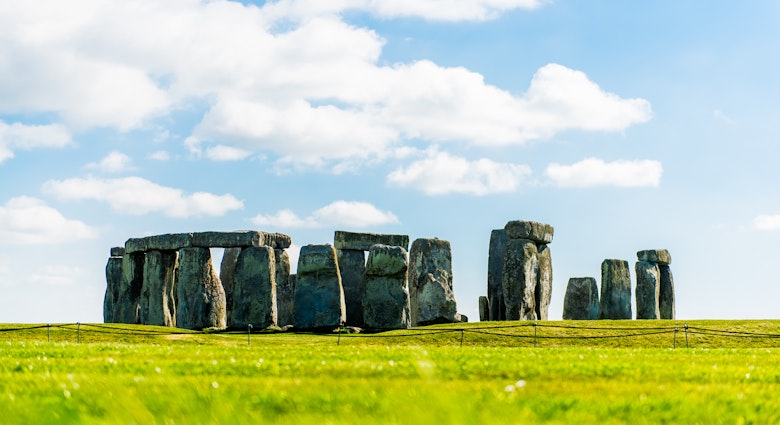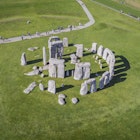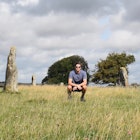Archaeologists working on the redevelopment of an English bus station have uncovered the remains of a Roman fort, including coins and local pottery made in the area for the military, as well as red Samian tableware imported from France.

The discovery was made by the Exeter Office of Cotswold Archaeology, who are working with Kier Construction to record the remains of the city’s Roman history ahead of the construction of a new bus station and leisure complex in Exeter. A Roman ditch was the first discovery made, and further excavations revealed two other large ditches running parallel to each other. Experts have revealed that these belong to a new, and completely unknown, Roman military site, either a fort occupied by a military unit, or a defended depot or compound.
The outer ditch has a steep V-shaped profile, with a deep “ankle breaker” trench along the bottom. The inner one is larger and deeper, and it has a much steeper, near vertical, outer side, which was designed to trap any attackers who got this far and to leave them at the mercy of the defenders on the rampart above. It also has a deep ankle breaker trench.

Both are typical Roman military ditches and the find has been described by an archaeology expert as “very important and completely unexpected." It is believed that the inside of the fort is under the rest of the bus station and neighbouring streets. The other sides of it have yet to be discovered.

"The unexpected nature of this discovery and the significance of uncovering previously-undocumented Roman military features in this area of the city, have made this a challenging and interesting project," says Derek Evans, of Cotswold Archaeology’s Exeter Office. "We look forward to undertaking further analysis of the finds and other material recovered during our works and refining the story of the site’s history.”











